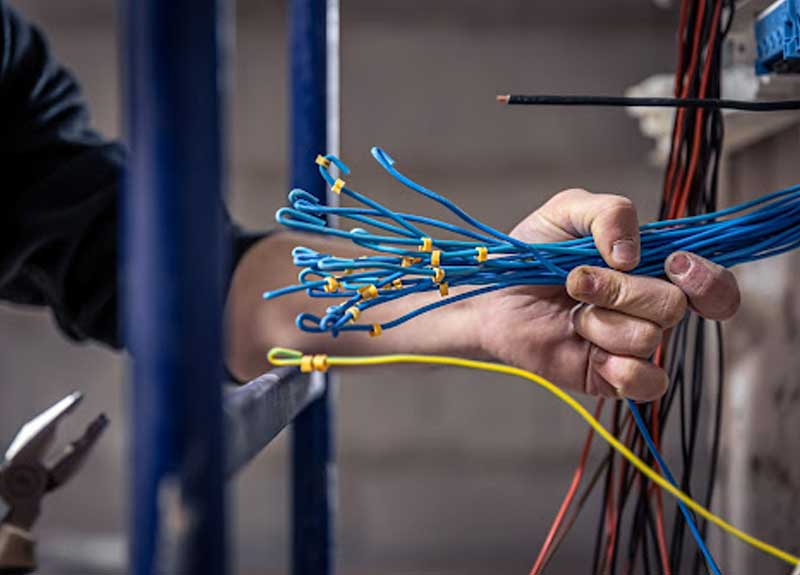Testing Commissioning?
What Is Commissioning?
The basic definition of commissioning is reviewing and testing the systems to verify they are operating and functioning as intended and designed. Typically, a third-party agent not involved with the system installation performs the commissioning. This gives a neutral and impartial picture of the systems, making it simple to spot any problems or things to be concerned about. There are many ways to commission a system, however, bearing in mind the four "E's" could be helpful as a basic road map.
Evaluate The Final System Installation
Test the point-to-point wiring as well as all other system components. Verify that locking devices, exit demand devices, status monitoring devices, and other component terminations adhere to the code. Additionally, they must adhere to the manufacturer's specs and the initial system design. Determine where cameras should be positioned for optimal fields of vision. The camera parameters should be appropriate to the end user's recording needs. Check that all intrusion detection systems produce the intended reports. Confirm each device's address in the system.
Ensure All Components Are Properly Labelled And All Findings Are Documented
Draft a deficiency report or punch list and provide it to the installation contractor. Make sure that the contractor addresses these issues before turning the system over to the end user. After that, perform a post-fix commission to make sure that any faults have been fixed.
Enhance The Functional Operation Of The System And Its Corresponding Subsystems.
Commissioning may significantly reduce post-installation follow-up calls and enhance system performance. Once the initial sets up are complete, the process need not resume. Re-commissioning is recommended to make sure the system and all of its parts are still functioning as intended. The system would be re-commissioned near the conclusion of the warranty, giving time for any necessary modifications or adjustments. Re-commissioning is crucial even later in a building or system's lifespan. Over the years, upgrades to systems or servicing may have involved several providers. This could involve fixing broken equipment, making programming changes, rewiring, using a different installation technique, or any number of other things. Preventive maintenance cannot be replaced by re-commissioning. However, it is an intelligent choice to make sure that all
Excellent Documentation
Although it goes beyond the "E" idea, it is nonetheless crucial. Deliverables including O&M manuals, training schedules, as-built drawings, and warranty details ought to be given to the end user during or after commissioning. You can refer to or issue using these records in the future. They might even serve as an initial location for future system expansion.
Complete The Process
In conclusion, the entire process of selecting reliable equipment manufacturers, contracting with reputable security integrators, and engaging a professional commissioning agent will offer the end user an efficient, optimized, and successful security system.






